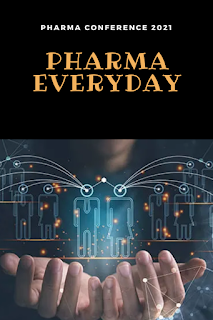Importance of Pharmacovigilance

Importance of Pharmacovigilance Pharmacovigilance also known as drug safety is a broad term that describes the collection, analysis, monitoring and prevention of adverse effects in drugs and therapies. It is a completely scientific and process-driven area within pharma. Drugs appear to be safe and well-tolerated in the laboratory, but their safety in the real world is unknown. Vulnerable groups' safety is unclear. Rumors and falsehoods have caused significant harm to a few patients. Evidence is provided via pharmacovigilance. Produce evidence that will inspire public trust and confidence. It is extremely advised to use pharmacovigilance systems. Major Aims of Pharmacovigilance: Unknown safety issues are detected early. Increases in frequency are detected. Risk factors must be identified. Calculating the dangers Keeping patients from being unduly harmed Role of Pharma Company Globally: Investment in novel compound R&D Commitment to bringing a new drug to market in or...



